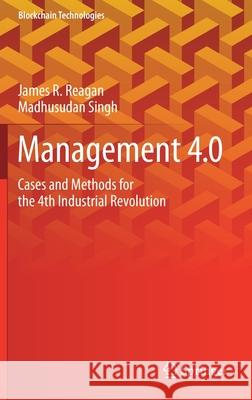Management 4.0: Cases and Methods for the 4th Industrial Revolution » książka
topmenu
Management 4.0: Cases and Methods for the 4th Industrial Revolution
ISBN-13: 9789811567506 / Angielski / Twarda / 2020 / 175 str.
Management 4.0: Cases and Methods for the 4th Industrial Revolution
ISBN-13: 9789811567506 / Angielski / Twarda / 2020 / 175 str.
cena 483,04
(netto: 460,04 VAT: 5%)
Najniższa cena z 30 dni: 462,63
(netto: 460,04 VAT: 5%)
Najniższa cena z 30 dni: 462,63
Termin realizacji zamówienia:
ok. 16-18 dni roboczych.
ok. 16-18 dni roboczych.
Darmowa dostawa!
Kategorie BISAC:
Wydawca:
Springer
Seria wydawnicza:
Język:
Angielski
ISBN-13:
9789811567506
Rok wydania:
2020
Wydanie:
2020
Numer serii:
000957882
Ilość stron:
175
Waga:
0.45 kg
Wymiary:
23.39 x 15.6 x 1.27
Oprawa:
Twarda
Wolumenów:
01
Dodatkowe informacje:
Wydanie ilustrowane











